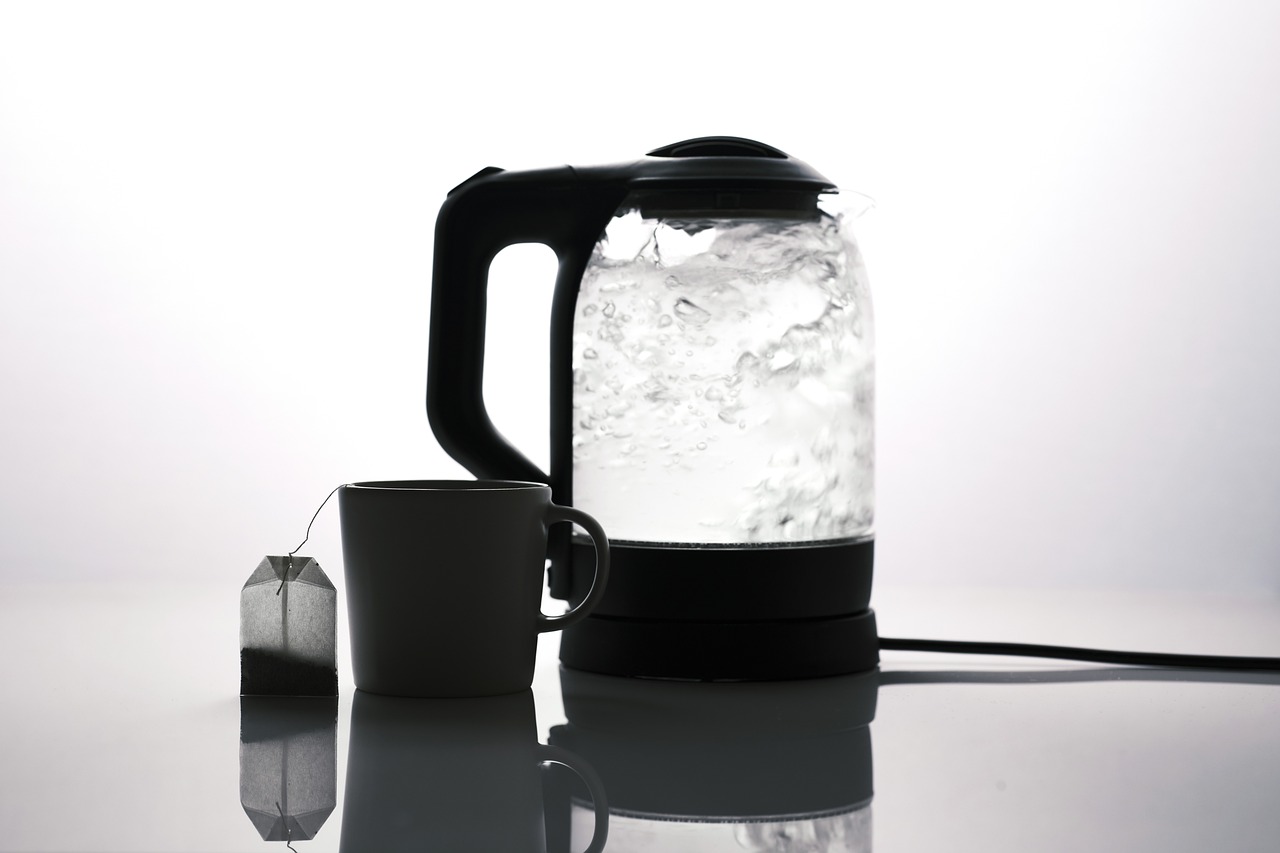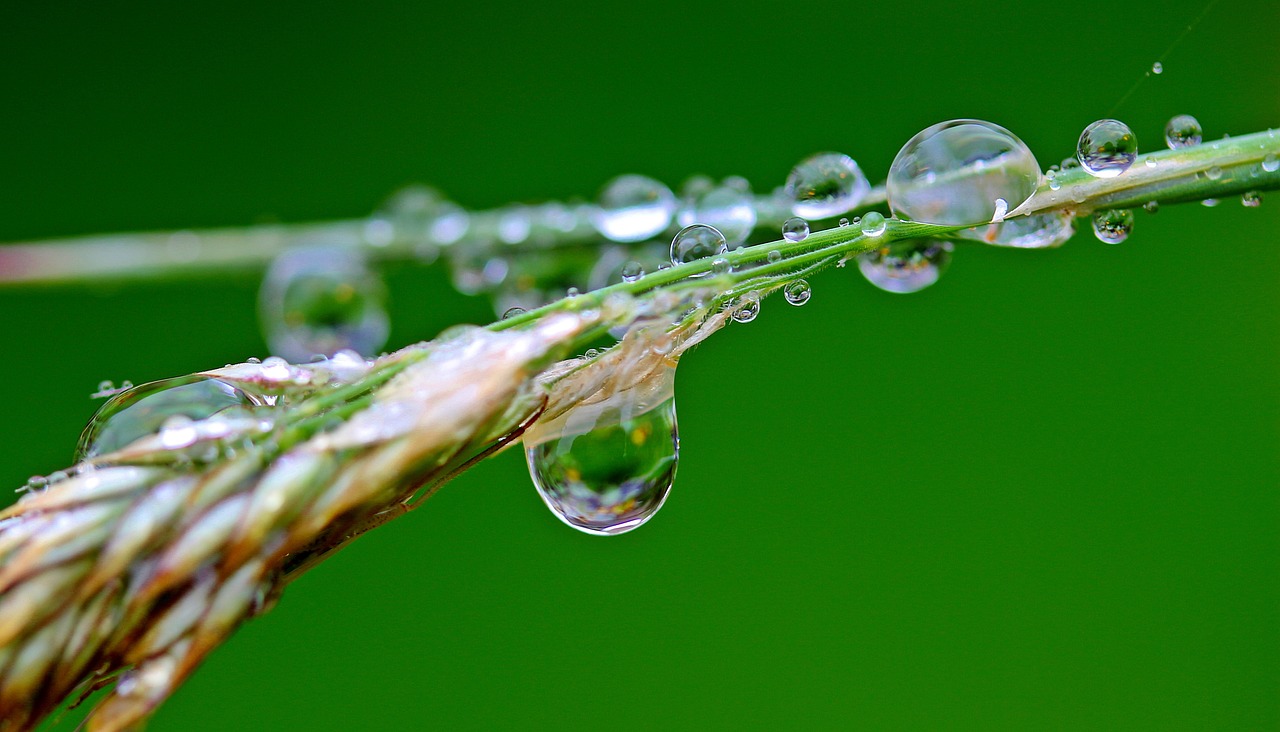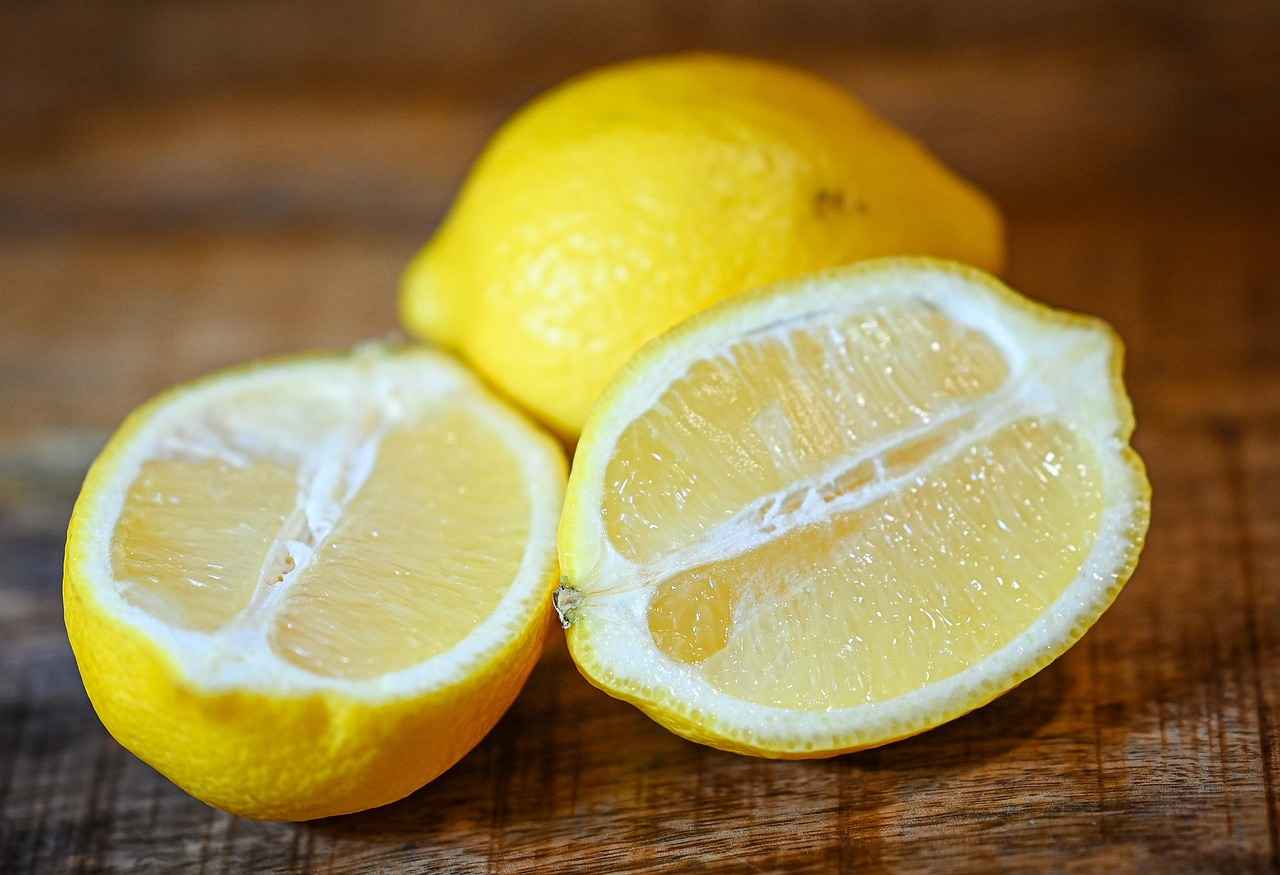This article delves into the critical factors that can disrupt a water fast, outlining specific foods and substances to steer clear of for optimal fasting outcomes and health advantages.
Understanding Water Fasting
Water fasting is the practice of abstaining from all food and caloric beverages, consuming only water. This method is often employed for various health reasons, including weight loss, detoxification, and improved metabolic health. During a water fast, the body enters a state of ketosis, where it begins to utilize fat stores for energy, leading to numerous potential health benefits.
Common Misconceptions About Water Fasting
There are many misconceptions surrounding water fasting. Some believe that consuming low-calorie foods or drinks won’t break a fast. However, even minimal caloric intake can disrupt the fasting state. Understanding the science behind fasting helps clarify these myths.
Caloric Intake and Fasting
Caloric intake is a crucial determinant of fasting success. Consuming even small amounts of calories can trigger metabolic processes that break the fast. It’s essential to recognize that maintaining a zero-calorie intake is vital for reaping the full benefits of fasting.
Understanding Caloric Density
Caloric density refers to the number of calories contained in a specific volume of food. Foods high in caloric density, such as nuts and avocados, should be avoided during a fast, as they can quickly lead to caloric intake that interrupts the fasting state.
Hidden Calories in Beverages
Many beverages, including flavored waters and certain teas, may contain hidden calories. It’s important to check labels and avoid drinks that could inadvertently break your fast. Juices, for instance, contain sugars that can spike insulin levels.
Impact of Macronutrients on Fasting
Macronutrients—carbohydrates, proteins, and fats—play a significant role during a fast. Each macronutrient affects the body differently, and understanding these effects can help you maintain a successful fasting state.
Foods to Avoid While Water Fasting
- High-Carbohydrate Foods: Foods rich in carbohydrates can lead to insulin spikes, which can disrupt fasting. Examples include bread, pasta, and sugary snacks.
- Protein-Rich Foods: Consuming protein can stimulate metabolic processes, breaking the fast. Foods such as meat, dairy, and legumes should be avoided.
Other Substances That Break a Fast
- Caffeinated Beverages: Caffeine can stimulate digestion and metabolism, potentially breaking a fast. It’s best to avoid coffee and tea with additives.
- Artificial Sweeteners: Although they are low in calories, artificial sweeteners can trigger insulin responses. Avoid products containing aspartame, sucralose, and similar substances.
Best Practices for a Successful Water Fast
To maximize the benefits of water fasting, consider the following practices:
- Stay hydrated with pure water.
- Prepare your body by gradually reducing food intake before starting.
- Listen to your body; if you feel unwell, consider breaking the fast.
- Consult with a healthcare professional, especially if you have underlying health conditions.
By understanding what can break a water fast and following these guidelines, you can enhance your fasting experience and achieve your health goals.

Understanding Water Fasting
is essential for anyone looking to explore the health benefits associated with this practice. Water fasting is a method where individuals abstain from all food and caloric beverages, consuming only water for a specified period. This approach is rooted in various historical and cultural practices, often associated with detoxification and spiritual growth.
The basic principle of water fasting is to give the digestive system a complete rest while allowing the body to utilize its energy reserves. When food intake ceases, the body begins to deplete glycogen stores, transitioning into a state known as ketosis. During this phase, the body starts to burn fat for fuel, which can lead to weight loss and improved metabolic health.
Many individuals embark on water fasting with the hope of experiencing health benefits such as:
- Weight Loss: By eliminating caloric intake, the body taps into fat stores, promoting weight loss.
- Improved Insulin Sensitivity: Fasting can enhance insulin sensitivity, reducing the risk of type 2 diabetes.
- Cellular Repair: Fasting triggers autophagy, a process where the body cleans out damaged cells and regenerates new ones.
- Reduced Inflammation: Studies suggest that fasting may help reduce inflammation markers, contributing to overall health.
- Mental Clarity: Many practitioners report enhanced focus and mental clarity during fasting periods.
Despite these potential benefits, it is crucial to approach water fasting with caution. Not everyone is suited for prolonged fasting, especially those with underlying health conditions, pregnant or breastfeeding women, and individuals with a history of eating disorders. Consulting with a healthcare professional before beginning a water fast is highly recommended.
Moreover, understanding the duration of the fast is vital. Short-term fasts, lasting from 24 to 72 hours, are generally safer and can yield significant health benefits. Longer fasts, exceeding several days, should only be undertaken with medical supervision.
During a water fast, staying hydrated is paramount. Drinking adequate amounts of water not only helps maintain hydration levels but also aids in the detoxification process. Some experts recommend adding electrolytes to the water to prevent imbalances that could arise from extended fasting.
It is also essential to recognize the potential side effects of water fasting. Common experiences include headaches, fatigue, and irritability, especially during the initial stages. These symptoms often subside as the body adjusts to the fasting state.
In summary, water fasting is a powerful practice that can offer numerous health benefits; however, it requires careful consideration and preparation. Understanding the principles behind this fasting method and recognizing its potential risks are crucial for anyone looking to embark on this journey. By prioritizing safety and listening to the body, individuals can harness the advantages of water fasting effectively.

Common Misconceptions About Water Fasting
Water fasting has gained popularity as a method for detoxification and weight loss, yet many misconceptions surround this practice. Understanding the truth behind these myths is essential for anyone considering a water fast. In this section, we will clarify what can and cannot break a fast and delve into the science that supports fasting.
- Myth 1: Any Caloric Intake Breaks a Fast
Many believe that even the smallest amount of calories will invalidate a fast. However, the reality is more nuanced. While it’s true that consuming calories can disrupt the fasting state, the impact varies depending on the type and amount of calories consumed. For instance, a small amount of lemon juice in water may not significantly affect the fasting state for many individuals. - Myth 2: All Beverages Are Off-Limits
Another common misconception is that all beverages are prohibited during a water fast. While it is crucial to avoid caloric drinks, plain water, herbal teas, and black coffee are generally acceptable. These options can help maintain hydration and even provide benefits without breaking the fast. - Myth 3: Exercise is Not Possible While Fasting
Some people think that fasting means they cannot exercise. On the contrary, light to moderate exercise can be beneficial during a fast. It can help maintain muscle mass and improve mood. However, intense workouts should be approached with caution, as they may lead to fatigue and dehydration. - Myth 4: Water Fasting is Dangerous for Everyone
While fasting is not suitable for everyone, especially those with certain medical conditions, it can be safe for many healthy individuals when done correctly. It is essential to consult a healthcare professional before starting a fast, particularly for those with underlying health issues. - Myth 5: Fasting Leads to Nutritional Deficiencies
Some believe that fasting will lead to severe nutritional deficiencies. However, short-term water fasting, typically lasting from 24 to 72 hours, generally does not result in significant nutrient loss. The body has mechanisms to adapt and utilize stored nutrients during a fast.
Understanding these misconceptions is crucial for anyone interested in water fasting. By addressing these myths, individuals can approach fasting with a clearer mindset and better prepare themselves for the experience. The science behind fasting suggests that with proper knowledge and preparation, one can safely engage in this practice and potentially reap its numerous health benefits.
In summary, separating fact from fiction regarding water fasting can empower individuals to make informed decisions. By clarifying what truly breaks a fast and understanding the physiological responses involved, one can embark on a water fasting journey with confidence and clarity.
Caloric Intake and Fasting
Caloric intake plays a crucial role in determining the success of a water fast. Understanding how even minimal calorie consumption can disrupt the fasting state is essential for anyone looking to maximize the benefits of fasting. In this section, we will delve into the implications of caloric intake during fasting and why it is vital to maintain a strict approach.
When engaging in a water fast, the primary goal is to abstain from all food and caloric beverages, relying solely on water for hydration. This practice aims to allow the body to enter a state of ketosis, where it begins to burn fat for energy instead of glucose. However, the introduction of any calories, even in small amounts, can trigger metabolic processes that are counterproductive to this goal.
One of the key reasons why caloric intake is so influential during fasting is due to its effect on insulin levels. Insulin is a hormone that regulates blood sugar levels and signals the body to store fat. When calories are consumed, even from seemingly benign sources, insulin levels can spike, leading to a halt in the fasting benefits. For instance, consuming a small snack or flavored water can introduce enough calories to disrupt the fasting state, making it critical to avoid any caloric intake.
Additionally, the concept of caloric density is vital to understand. Caloric density refers to the number of calories contained in a specific volume of food. Foods that are high in caloric density can quickly break a fast, even if they are consumed in small quantities. For example, a handful of nuts or a small piece of chocolate can contain enough calories to stimulate insulin production, thus negating the effects of fasting.
Moreover, it is essential to consider the hidden calories found in many beverages. Many people may not realize that drinks such as fruit juices, sodas, and even certain teas can contain significant amounts of calories. These hidden calories can easily disrupt the fasting state, making it imperative to stick to plain water during the fasting period.
In summary, maintaining a strict approach to caloric intake is crucial for the success of a water fast. Understanding the effects of even small amounts of calories on insulin levels and metabolic processes can help individuals achieve their fasting goals. By avoiding high-calorie foods and hidden calorie sources, one can enhance the benefits of fasting and promote better overall health.
Understanding Caloric Density
Caloric density is a crucial concept when it comes to understanding how certain foods can impact a water fast. In simple terms, caloric density refers to the number of calories present in a specific volume of food. Foods that are high in caloric density provide a significant amount of calories in a small serving size. This characteristic can be particularly problematic during a fasting period, as even a small amount of high-calorie food can quickly disrupt the fasting state.
During a water fast, the goal is to abstain from all food and caloric intake, relying solely on water for hydration. However, when high-calorie foods are consumed, they can trigger metabolic processes that break the fast. For example, consuming a small portion of nuts or a piece of cheese, both of which are high in caloric density, can introduce enough calories to stimulate insulin production. This can lead to a state where the body shifts from fat-burning mode back to utilizing glucose for energy.
To better understand the implications of caloric density on fasting, consider the following table that outlines common high-calorie foods and their respective caloric densities:
| Food Item | Calories per 100g |
|---|---|
| Nuts (e.g., almonds) | 600 |
| Avocado | 160 |
| Cheese | 350 |
| Dark Chocolate | 500 |
| Granola | 450 |
As illustrated, these foods can provide a substantial caloric intake in small servings. This is particularly important for individuals who are attempting to maximize the benefits of a water fast. The higher the caloric density, the more likely it is that the food will disrupt the fasting state.
Moreover, it is essential to recognize that not all calories are created equal. While some foods may be high in calories, they can also be rich in essential nutrients. However, during a fast, the primary concern is to avoid any caloric intake. Therefore, understanding which foods are high in caloric density can help individuals make informed choices and maintain the integrity of their fasting period.
In summary, caloric density plays a significant role in determining what can break a water fast. By being aware of the caloric content of various foods and avoiding those that are high in calories, individuals can better adhere to their fasting goals and experience the full benefits of this practice.
Hidden Calories in Beverages
When it comes to water fasting, many individuals focus on the foods they consume, often overlooking the impact of beverages. It’s crucial to recognize that not all drinks are created equal, and many contain hidden calories that can easily disrupt the fasting process. Understanding which beverages to avoid is essential for maintaining the integrity of a water fast.
Juices are one of the most common culprits. Even 100% fruit juices, which are often perceived as healthy, can be packed with sugar and calories. For instance, an 8-ounce glass of orange juice can contain around 110 calories and a significant amount of sugar, which can spike insulin levels and break a fast. Instead of reaching for juice, opt for plain water or herbal teas that are devoid of calories.
Flavored waters also pose a risk. Many brands market flavored waters as healthy alternatives, but they can contain added sugars, artificial sweeteners, or flavoring agents that contribute calories. Even a small amount of sugar can trigger metabolic responses that negate the benefits of fasting. Always check the labels for hidden ingredients that can add unnecessary calories to your fasting regimen.
Another beverage to be cautious of is soda, whether it’s regular or diet. Regular sodas are high in sugar and calories, while diet sodas, despite being calorie-free, may contain artificial sweeteners that can provoke insulin responses. Both types can disrupt the fasting state, making them unsuitable choices during a water fast.
Caffeinated beverages, such as coffee and tea, can also influence fasting results. While black coffee is often considered acceptable due to its minimal caloric content, adding cream, sugar, or flavored syrups can quickly break a fast. Additionally, the caffeine in these drinks can stimulate digestion, which is counterproductive during fasting. If you choose to consume coffee or tea, keep them plain and unsweetened.
Alcohol is another significant beverage to avoid. Not only is it high in calories, but it can also impair judgment and lead to poor food choices after breaking the fast. Alcohol can disrupt metabolic processes and lead to dehydration, which is counterintuitive to the goals of fasting.
In summary, being mindful of what you drink is just as important as what you eat when it comes to fasting. To maintain the benefits of a water fast, it is essential to avoid beverages that contain hidden calories, such as juices, flavored waters, sodas, caffeinated drinks with additives, and alcohol. Sticking to plain water and herbal teas will help you achieve the best results from your fasting experience.
Impact of Macronutrients on Fasting
Macronutrients—carbohydrates, proteins, and fats—play a crucial role in how the body responds during a fasting period. Understanding their effects can help individuals optimize their fasting experience, ensuring they reap the maximum health benefits. This section delves into how each macronutrient interacts with the body during fasting.
- Carbohydrates: During a fast, the consumption of carbohydrates can lead to an increase in insulin levels. Insulin is a hormone that helps regulate blood sugar levels, but elevated insulin can hinder the fat-burning process that many seek during fasting. Foods high in carbohydrates, such as bread, pasta, and sugary snacks, should be avoided to maintain a state of ketosis, where the body burns fat for fuel instead of glucose.
- Proteins: While proteins are essential for muscle repair and growth, consuming them during a fast can stimulate metabolic processes that break the fasting state. Protein intake can lead to increased amino acid levels in the bloodstream, prompting the body to shift away from fat utilization. Foods such as meat, dairy, and legumes should be excluded to ensure the fasting benefits remain intact.
- Fats: Unlike carbohydrates and proteins, fats can be more compatible with fasting. Healthy fats, such as those found in avocados, nuts, and olive oil, can provide a sustained energy source without triggering significant insulin responses. However, it is essential to be mindful of portion sizes, as excessive fat intake can still lead to caloric consumption that may disrupt the fasting state.
The balance of these macronutrients can significantly influence the outcome of a fasting regimen. For instance, a diet high in carbohydrates can lead to quick energy spikes followed by crashes, making fasting more challenging. In contrast, a focus on healthy fats can enhance satiety, making it easier to adhere to fasting protocols.
Furthermore, understanding the timing of macronutrient intake before starting a fast can also be beneficial. For example, consuming a meal rich in healthy fats and low in carbohydrates prior to fasting can help maintain energy levels and curb hunger pangs.
In conclusion, being aware of how macronutrients affect the body during fasting is vital for anyone looking to optimize their fasting experience. By avoiding high-carb and protein-rich foods and considering the strategic use of healthy fats, individuals can enhance their fasting benefits and achieve their health goals more effectively.

Foods to Avoid While Water Fasting
Water fasting is a powerful tool for detoxification and weight loss, but certain foods can disrupt the fasting process and negate its benefits. To maintain the fasting state effectively, it is crucial to be aware of what to avoid. Below is a comprehensive list of foods and substances that should be kept at bay during a water fast.
- High-Carbohydrate Foods: Foods that are rich in carbohydrates, such as bread, pasta, and sugary snacks, can lead to a spike in insulin levels. This spike can trigger hunger and cravings, making it difficult to maintain the fast. Examples include:
- White bread
- Pasta
- Rice
- Cakes and pastries
- Protein-Rich Foods: While protein is essential for the body, consuming it during a water fast can stimulate metabolic processes and break the fast. Foods to avoid include:
- Meat and poultry
- Fish
- Dairy products
- Legumes and beans
- Fatty Foods: Foods high in fats, especially saturated fats, can also interrupt the fasting state. They can be calorically dense and may lead to metabolic activity. Avoid:
- Fried foods
- Butter and margarine
- Nuts and nut butters
- Oils (olive, coconut, etc.)
- Processed Foods: Highly processed foods often contain hidden sugars and unhealthy fats that can break a fast. Examples include:
- Chips and snacks
- Fast food items
- Frozen meals
- Packaged sweets
- Artificial Sweeteners: While they contain few or no calories, artificial sweeteners can still trigger an insulin response in the body. Common sweeteners to avoid include:
- Aspartame
- Saccharin
- Sucralose
- Stevia (in large amounts)
- Caffeinated Beverages: Caffeine can stimulate the digestive system, which may break the fast. It is advisable to avoid:
- Coffee
- Tea (especially sweetened or creamy varieties)
- Energy drinks
In summary, maintaining a water fast requires careful consideration of what foods and substances to avoid. By steering clear of high-carbohydrate, protein-rich, fatty, processed foods, artificial sweeteners, and caffeinated beverages, individuals can better ensure the success of their fasting experience. This approach not only enhances the health benefits of water fasting but also supports a more profound detoxification process.
High-Carbohydrate Foods
When engaging in a water fast, it’s crucial to understand the impact of on your body’s insulin levels. Consuming these foods can lead to significant insulin spikes, which can disrupt the fasting state and negate the benefits of your fast. This section will delve into specific examples of high-carb foods that should be avoided during a water fast.
- Breads and Pastries: Items such as white bread, bagels, and pastries are packed with refined carbohydrates. These foods can quickly increase blood sugar levels, leading to an insulin response that can break your fast.
- Pasta: Traditional pasta is made from refined flour, making it a high-carb food that can significantly affect insulin levels. Whole grain options may be healthier but still contain enough carbs to disrupt fasting.
- Rice and Grains: Both white rice and other grains like quinoa and barley are high in carbohydrates. Consuming them during a fast can lead to unwanted spikes in insulin.
- Sweetened Cereals: Many breakfast cereals are loaded with sugars and refined carbs. Even those labeled as “healthy” often contain ingredients that can break a fast.
- Fruits: While fruits are nutritious, they contain natural sugars that can elevate insulin levels. It’s advisable to avoid high-sugar fruits like bananas, grapes, and mangoes during a fast.
- Starchy Vegetables: Vegetables such as potatoes, corn, and peas are high in carbohydrates. These foods can impact your insulin levels and should be avoided while fasting.
It’s essential to recognize that even healthy foods can be detrimental when consumed during a fast. The focus should be on maintaining a state of ketosis and minimizing insulin spikes. By avoiding high-carb foods, you can enhance the benefits of your water fast, such as improved fat burning and cellular repair.
Moreover, understanding the glycemic index of foods can help you make better choices. Foods with a high glycemic index can cause rapid increases in blood sugar, while those with a low glycemic index promote steadier blood sugar levels. During a fast, it’s recommended to steer clear of any food that would push your body out of its fasting state.
In conclusion, being aware of the types of foods that can disrupt your fast is crucial for achieving your health goals. By eliminating high-carbohydrate foods from your diet during a water fast, you can maintain a stable insulin level, optimize fat burning, and enhance the overall effectiveness of your fasting experience.
Protein-Rich Foods
When engaging in a water fast, understanding what can break your fast is crucial for achieving your health goals. One of the key components that can interrupt the fasting state is protein. While protein is essential for various bodily functions, consuming protein-rich foods during a fast can stimulate metabolic processes, thereby breaking the fast. This section will delve into the types of protein-rich foods to avoid while water fasting.
Protein consumption triggers the release of insulin, a hormone that plays a critical role in metabolism and energy storage. When insulin levels rise, the body shifts from a fasting state to one of energy storage, effectively breaking the fast. This is why it’s important to be mindful of protein intake during fasting periods.
- Meat and Poultry: Foods like chicken, beef, and pork are high in protein and should be avoided.
- Fish and Seafood: While healthy, fish and seafood can also stimulate insulin production.
- Dairy Products: Items like milk, cheese, and yogurt contain significant amounts of protein and should not be consumed.
- Legumes and Beans: Foods such as lentils, chickpeas, and black beans are rich in protein and can disrupt fasting.
- Nuts and Seeds: Although nutritious, nuts and seeds are high in protein and fats, making them unsuitable during a fast.
In addition to whole foods, it’s essential to avoid protein supplements, which are often concentrated sources of protein. These can include:
- Protein Powders: Commonly used in shakes and smoothies, these can significantly elevate protein intake.
- Protein Bars: These often contain added sugars and proteins that can break your fast.
It’s not just the amount of protein consumed that matters but also the timing. Consuming protein-rich foods even in small amounts can trigger metabolic pathways that signal the body to exit the fasting state. Therefore, to maximize the benefits of water fasting, it is advisable to refrain from all protein sources.
In summary, while protein is a vital nutrient, it is crucial to avoid protein-rich foods and supplements during a water fast. By doing so, you can maintain the fasting state and reap the full benefits of your fasting journey.
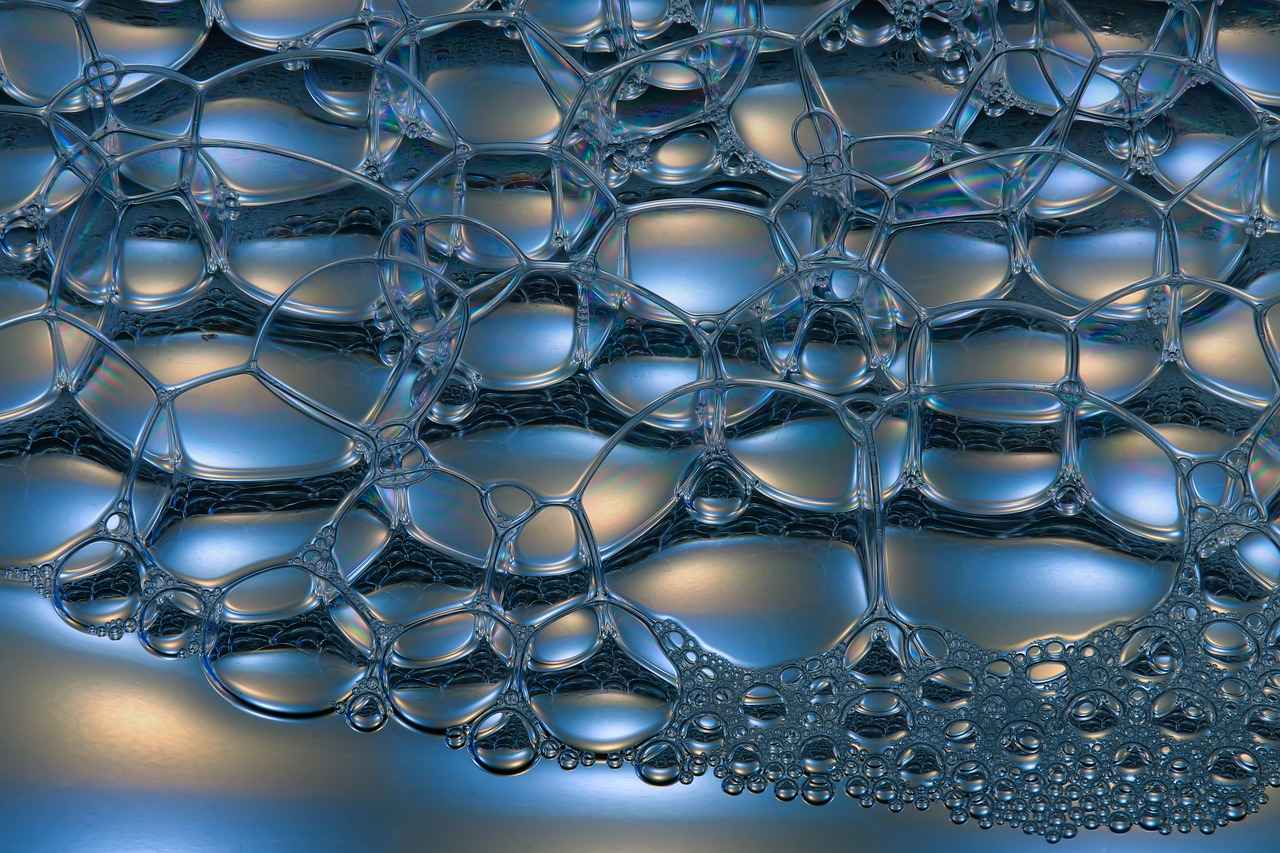
Other Substances That Break a Fast
While many people focus primarily on food when considering what can break a water fast, it’s essential to recognize that certain substances can also have a significant impact on the fasting state. Understanding these substances is crucial for anyone looking to maximize the benefits of their water fast.
Water fasting is characterized by the complete avoidance of all food and caloric beverages, relying solely on water for hydration. However, even seemingly harmless items can disrupt the metabolic processes associated with fasting. Below, we explore common substances that can interrupt a water fast and explain their effects.
- Caffeinated Beverages: Caffeine is known for its stimulating effects on the nervous system. While some argue that black coffee is permissible during a fast, it can still provoke digestive responses and increase metabolic activity. This stimulation may lead to a release of insulin, which can break the fasting state. Additionally, caffeine can cause dehydration, counteracting the benefits of water intake.
- Artificial Sweeteners: Many people turn to artificial sweeteners as a zero-calorie alternative to sugar. However, these sweeteners can trigger insulin responses in the body, similar to consuming sugar. This reaction can disrupt the fasting state, as it signals the body to prepare for food intake. Common artificial sweeteners to avoid include aspartame, sucralose, and saccharin.
- Flavored Waters: While staying hydrated is essential during a fast, flavored waters often contain additives that can break a fast. These can include natural flavors, sweeteners, or even small amounts of calories that can trigger metabolic processes. It is advisable to stick to plain water to ensure that no hidden calories interfere with the fasting state.
- Herbal Teas: Some herbal teas may appear harmless, but certain varieties can contain ingredients that stimulate digestion or metabolism. For instance, teas containing ginger or peppermint can provoke digestive responses that may break a fast. Always check the ingredients before consuming herbal teas during a water fast.
- Supplements: Many supplements, even those labeled as zero-calorie, can contain fillers or additives that contribute to caloric intake. For example, some vitamins and minerals come in capsules that may not be entirely calorie-free. It’s essential to evaluate all supplements and consider abstaining from them during a fast unless absolutely necessary.
In summary, while food is the most obvious factor that can break a water fast, various substances can also play a significant role. By being aware of the impact of caffeinated beverages, artificial sweeteners, flavored waters, herbal teas, and certain supplements, individuals can better maintain their fasting state and achieve their health goals. For those serious about water fasting, focusing solely on pure water is the best practice to ensure the desired benefits are fully realized.
Caffeinated Beverages
, particularly coffee and tea, are often consumed for their stimulating effects. However, when it comes to water fasting, the role of caffeine can be quite complex. While many people enjoy these drinks for their flavor and energy-boosting properties, they can have significant implications for the fasting state.
During a water fast, the primary goal is to abstain from all caloric intake to allow the body to enter a state of autophagy, where it begins to detoxify and repair itself. Caffeine, found in both coffee and tea, can stimulate the digestive system and metabolism. This stimulation can lead to an increase in gastric acid production, which may disrupt the fasting process. While caffeine itself contains no calories, its effects on the body can mimic those of food consumption.
Furthermore, caffeine can influence hormonal responses, particularly insulin. Insulin is a crucial hormone that regulates blood sugar levels and fat storage. When caffeine is consumed, it can lead to a temporary increase in insulin sensitivity, which may not be ideal during a fasting state. This is particularly concerning for those who are fasting for metabolic health or weight loss, as even minor fluctuations in insulin can hinder the benefits of fasting.
Another aspect to consider is the potential for dehydration. Caffeine is a diuretic, meaning it can increase urine production, leading to fluid loss. During a water fast, maintaining proper hydration is essential, and excessive caffeine consumption can counteract this goal. It is important to balance caffeine intake with adequate water consumption to avoid dehydration.
Moreover, the psychological effects of caffeine should not be overlooked. Many individuals rely on caffeine to combat fatigue, especially during fasting periods. However, this can lead to a cycle of dependency, where the body becomes accustomed to caffeine for energy. This dependency can make the fasting experience more challenging, as individuals may feel lethargic or irritable without their usual caffeine fix.
In summary, while coffee and tea can be enjoyed in moderation, it is essential to be mindful of their effects during a water fast. The stimulating properties of caffeine can disrupt digestion, influence hormonal balance, and potentially lead to dehydration. Those who choose to incorporate caffeinated beverages into their fasting routine should do so cautiously, ensuring they remain hydrated and aware of how their body responds to these drinks.
Ultimately, the decision to consume caffeine during a water fast should be based on individual tolerance and goals. For some, the benefits of caffeine may outweigh the drawbacks, while others may find it more beneficial to abstain entirely. Listening to one’s body and adjusting the fasting approach accordingly is crucial for a successful and healthful fasting experience.
Artificial Sweeteners
Artificial sweeteners are often marketed as a healthier alternative to sugar, particularly for those looking to reduce caloric intake or manage weight. However, the implications of consuming these sweeteners during a water fast can be significant. While they may seem harmless, their potential to trigger insulin responses raises concerns for those aiming to maintain the metabolic state achieved during fasting.
When you consume artificial sweeteners, your body may react as if it has ingested sugar. This is because these sweeteners can stimulate the release of insulin, a hormone responsible for regulating blood sugar levels. Insulin is crucial for energy metabolism, but during a fast, elevated insulin levels can disrupt the fasting state and negate the benefits you’re trying to achieve.
Research indicates that even small amounts of artificial sweeteners can lead to insulin spikes. For example, studies have shown that certain sweeteners, such as aspartame and sucralose, can activate the sweet taste receptors in the gut, leading to a physiological response similar to that of sugar consumption. This response can result in increased hunger and cravings, making it more challenging to adhere to your fasting regimen.
Moreover, the consumption of artificial sweeteners can also impact gut health. Some studies suggest that these sweeteners may alter the composition of gut bacteria, potentially leading to metabolic disturbances. A healthy gut microbiome is essential for optimal metabolic function, and any disruption can have cascading effects on overall health and wellness.
It’s also important to note that the psychological aspect of consuming sweeteners cannot be overlooked. The act of consuming something sweet, even if it contains no calories, may trigger cravings for more food, which can be particularly detrimental during a fast. This can lead to a cycle of overeating once the fast is broken, counteracting any benefits gained during the fasting period.
Given these considerations, it is advisable to avoid artificial sweeteners during a water fast. Instead, focus on maintaining hydration with plain water, herbal teas, or black coffee without additives. This approach will help ensure that you remain in a true fasting state, maximizing the health benefits associated with water fasting.
In conclusion, while artificial sweeteners may offer a low-calorie alternative to sugar, their potential to trigger insulin responses and disrupt fasting makes them unsuitable for those seeking the full benefits of water fasting. By prioritizing natural hydration methods, you can enhance your fasting experience and support your overall health goals.
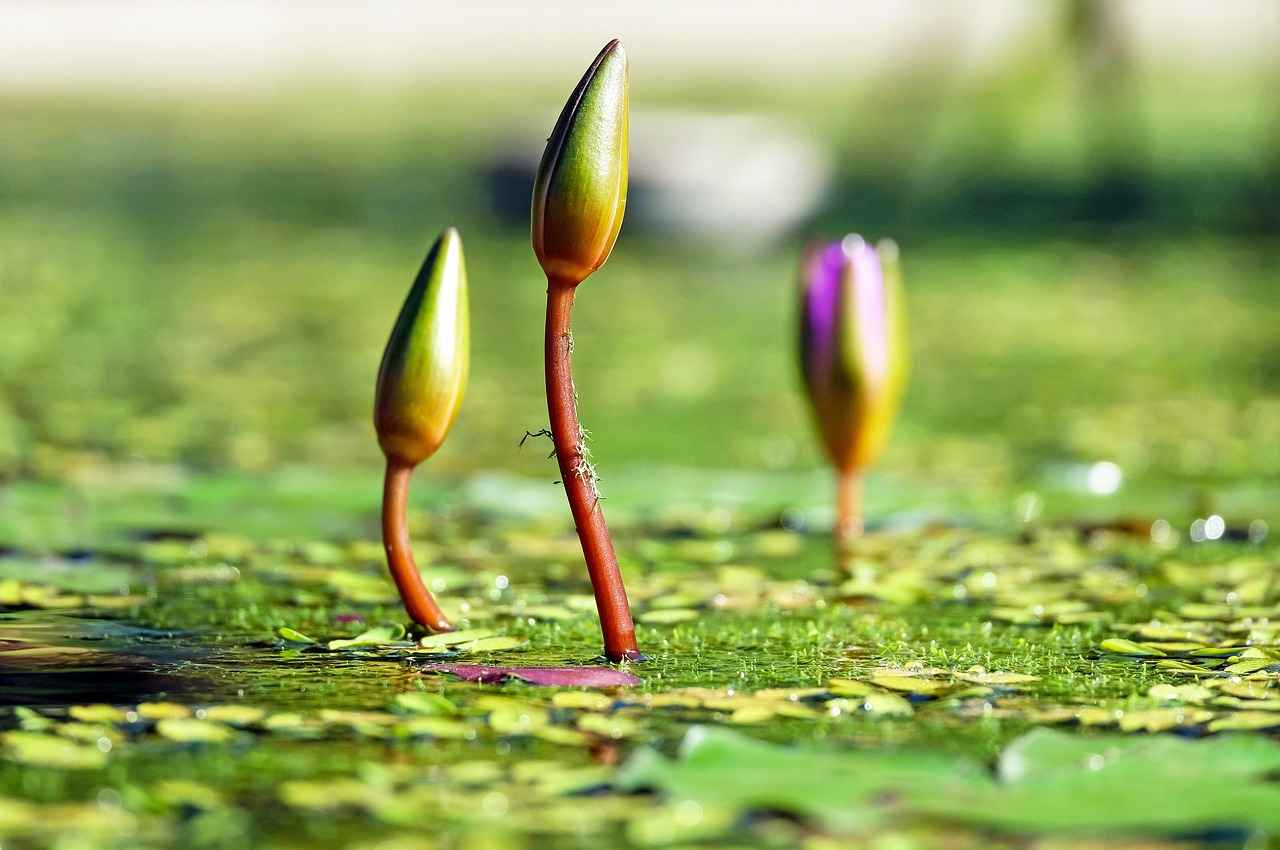
Best Practices for a Successful Water Fast
Water fasting is a powerful practice that can yield numerous health benefits, but to truly maximize its advantages, it is essential to follow certain best practices. This section provides valuable tips for preparing and conducting a successful water fast, ensuring you gain the most from this experience.
- Preparation is Key: Before starting your water fast, it’s crucial to prepare your body. Gradually reduce your food intake in the days leading up to the fast. Focus on consuming whole foods and avoiding processed items. This transition period can help your body adjust and minimize discomfort during the fast.
- Stay Hydrated: While it may seem obvious, ensuring proper hydration is vital. Drink plenty of water before and during your fast. Aim for at least two to three liters of water daily to keep your body functioning optimally. Consider adding a pinch of salt or electrolytes to your water, as this can help maintain your electrolyte balance.
- Listen to Your Body: Pay attention to how you feel during the fast. If you experience severe dizziness, fatigue, or other concerning symptoms, it may be wise to end the fast. Remember, fasting should be a beneficial experience, not a harmful one.
- Choose the Right Time: Timing your fast can significantly impact your experience. Consider fasting during a period when you can rest and avoid strenuous activities. This allows your body to focus on detoxification and healing.
- Ease into and Out of the Fast: Just as you prepared your body for the fast, it’s essential to break your fast gradually. Start with light foods like broths or smoothies before transitioning back to solid meals. This approach helps prevent digestive discomfort.
- Monitor Your Mental State: Fasting can be as much a mental challenge as a physical one. Prepare yourself mentally by setting clear intentions for your fast. Journaling your thoughts and feelings can be a helpful way to process the experience.
- Consult a Healthcare Professional: If you have any underlying health conditions or concerns, it’s always best to consult with a healthcare provider before embarking on a water fast. They can provide personalized guidance based on your health status.
By following these best practices, you can enhance your water fasting experience and reap its full benefits. Remember that each person’s journey is unique, and what works for one individual may not work for another. Stay patient, be kind to yourself, and embrace the journey of water fasting.
Frequently Asked Questions
- What foods should I avoid during a water fast?
When water fasting, it’s crucial to steer clear of high-carbohydrate foods, protein-rich items, and any caloric beverages. These can spike insulin levels and disrupt the fasting state, negating your efforts.
- Can I drink coffee or tea while water fasting?
While it might be tempting, caffeinated beverages can stimulate digestion and metabolism, which could break your fast. It’s best to stick to plain water for optimal results.
- Are artificial sweeteners safe during a water fast?
Not really! Even though they seem harmless, artificial sweeteners can trigger insulin responses, which may interfere with the benefits of your fast. It’s wise to avoid them altogether.
- How does caloric intake affect my water fast?
Caloric intake is a game-changer! Even small amounts of calories can disrupt your fasting state, making it essential to avoid any food or drink that contains calories.
- What are the best practices for a successful water fast?
To maximize your fasting experience, prepare by staying hydrated, listening to your body, and avoiding any tempting foods or beverages that could break your fast.

